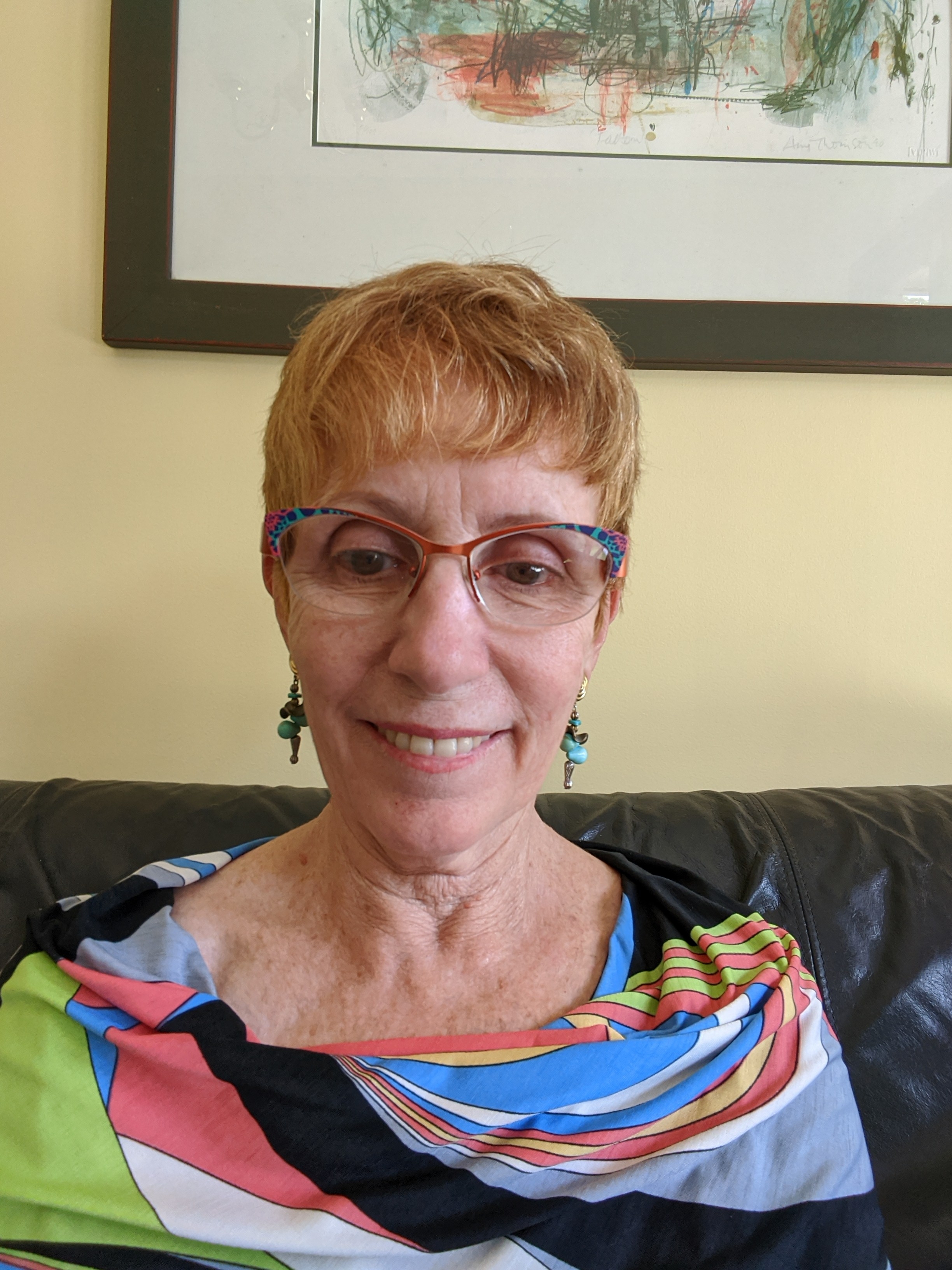World Mental Health Day – we need more than tinkering at the edges
- suem08

- Oct 10, 2021
- 2 min read

Today is World Mental Health Day and it dawned on me that it is the 10th WMHD in which I have been involved. I made my Mental Health Pledge in the lead up to today and it has given me cause to think about how have we progressed over those 10 years?
There are many, many more people who have been working in the sector longer than me and will have much more insightful comments to make than I do on the progress that has been made. But there is a comparison that I can make that is perhaps a different perspective than others may bring.
Prior to coming to Suicide Prevention Australia, I worked with the National Breast Cancer Foundation, a role I held for 10 years. During that decade the profile of breast cancer’s Pink Ribbon rose to be the third most well-known brand in the country, behind the Salvation Army and Red Cross, both brands with a history more than 10 times longer than pink ribbon. What made it rise to prominence so quickly? What can we learn from that period that could translate to the mental health and suicide prevention field?
In contemplating this question, I thought back to what was the driving force? I think a large part of it was that breast cancer, despite having more than 2000 different groups focused on it, had three national organisations that provided both a united and unified approach to the reduction of deaths from breast cancer:
The National Breast Cancer Foundation was dedicated to increasing knowledge and understanding of breast cancer through funding research
The National Breast Cancer Centre translated research knowledge into policy and practice
Breast Cancer Network Australia brought the voice of women to the table to guide decision-making on all things related to the understanding, diagnosis, treatment and ongoing management of breast cancer.
Perhaps as we continue to call for mental health reform being more than tinkering at the edges, we could ask ourselves would this model work for mental health?
A dedicated funding body to raise funds and drive the research agenda
The rapid translation of research knowledge into policy and practice - closing the 17-year gap for research knowledge to be translated into practice
A consumer led organisation that amplifies the voices of lived, living and learned experience.
There is no doubt that a lot of argy-bargy went into the formation of those three organisations but in the end they worked. Money came into research, an increasing number of women (and men) survived their breast cancer diagnosis and treatment and the focus was placed on the whole person.
I am not naive enough to think this is easy but so often we forget to learn from other experiences. Mental health is moving forward but not at the rapid pace that many want to see.




Comments